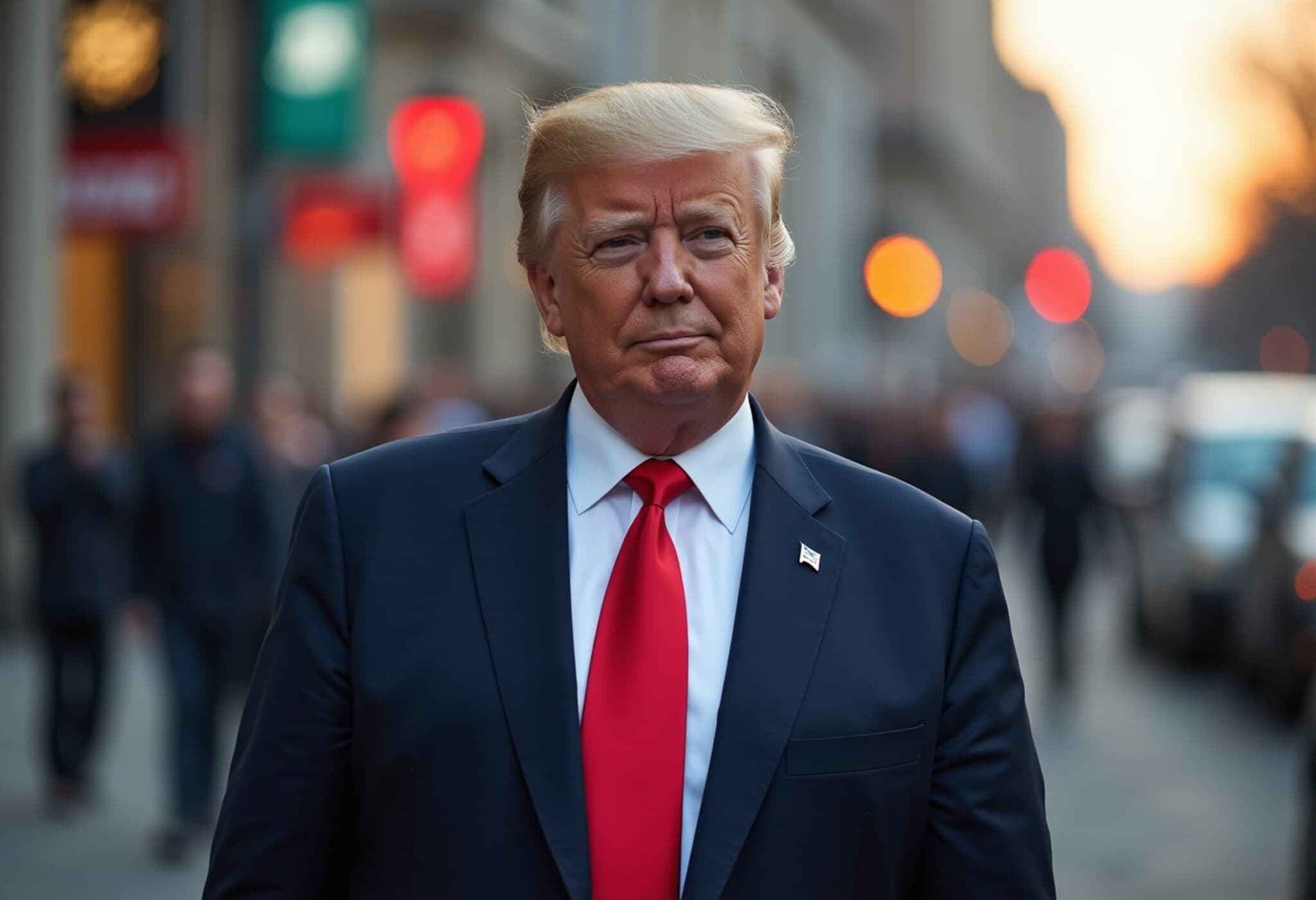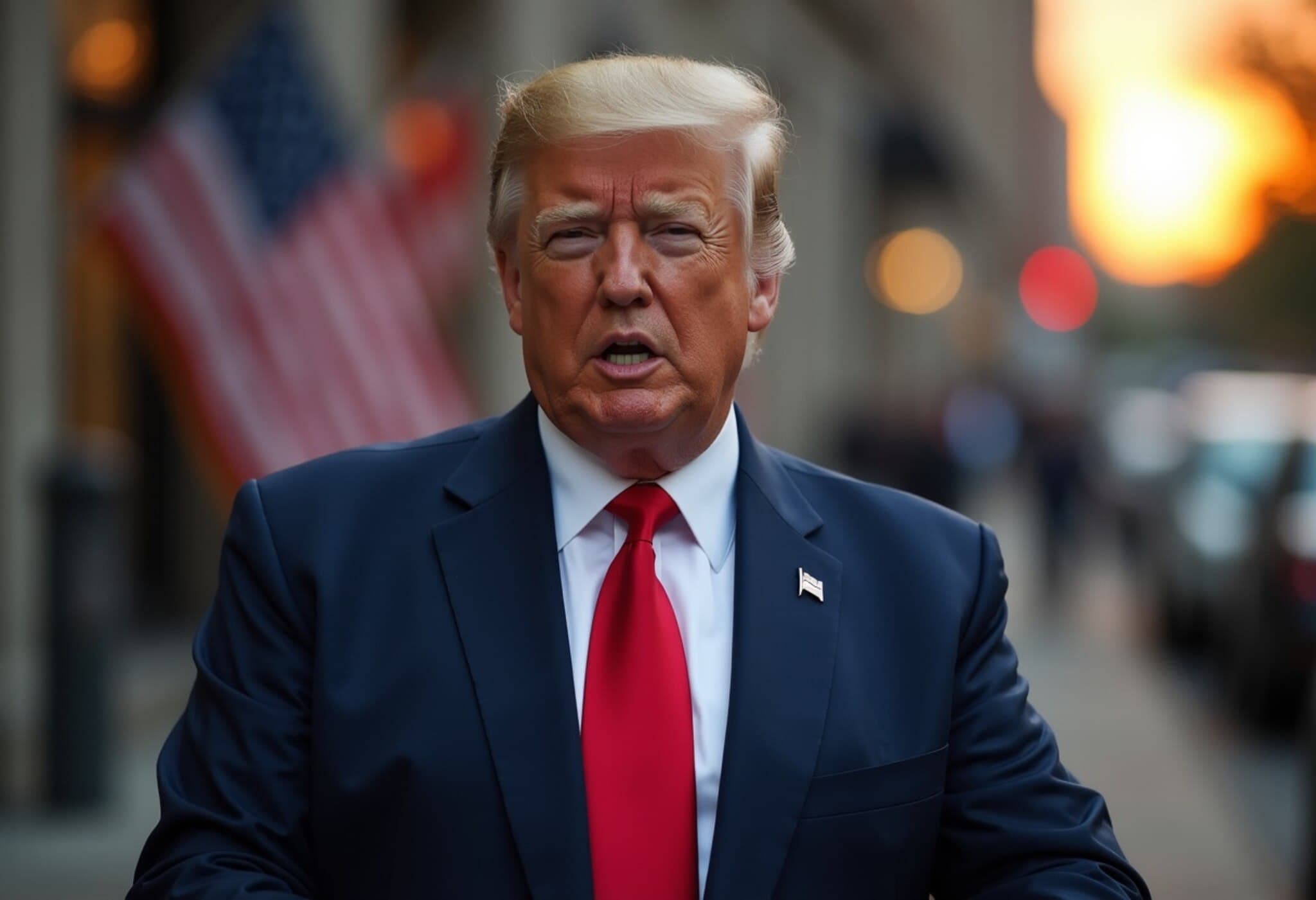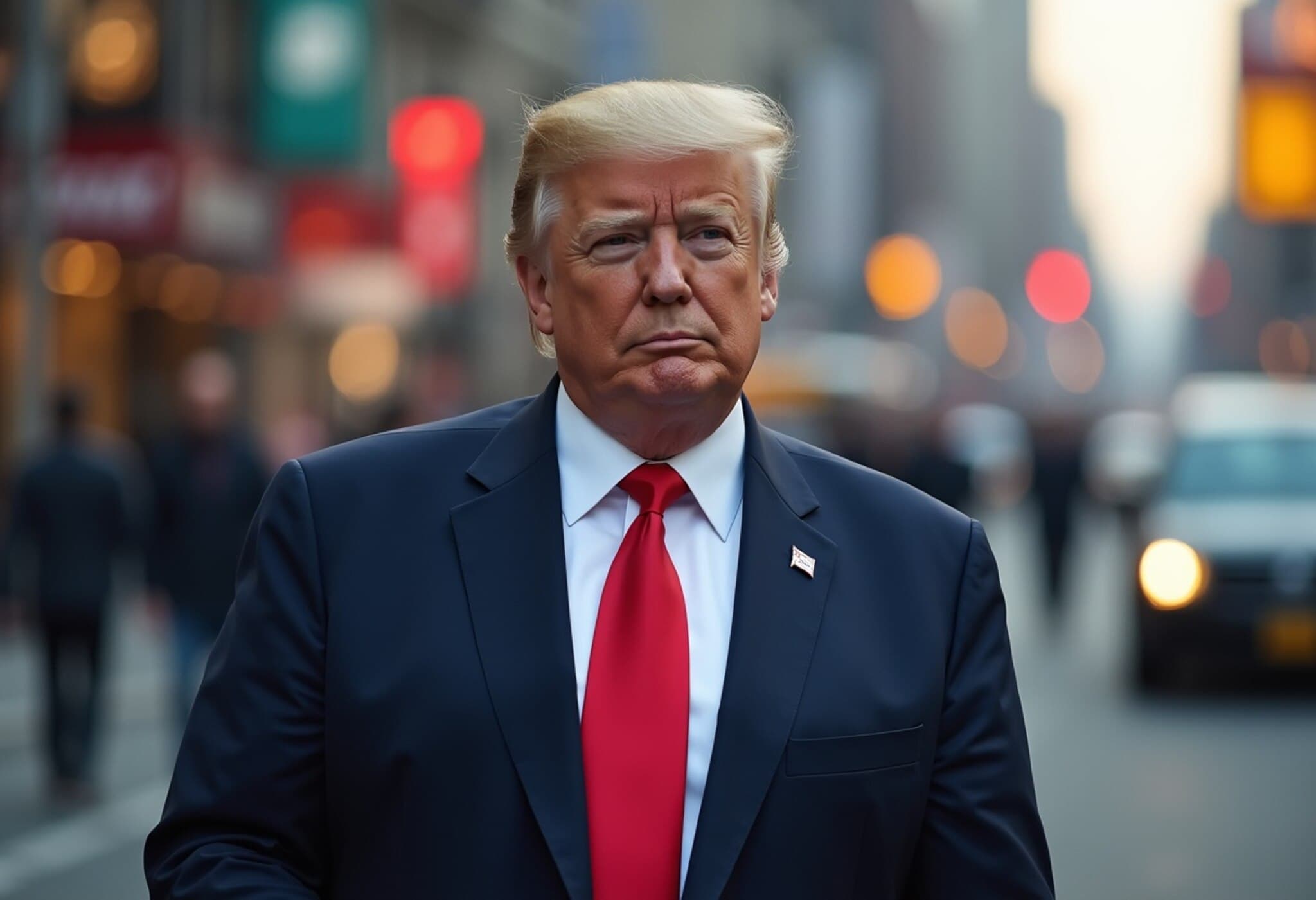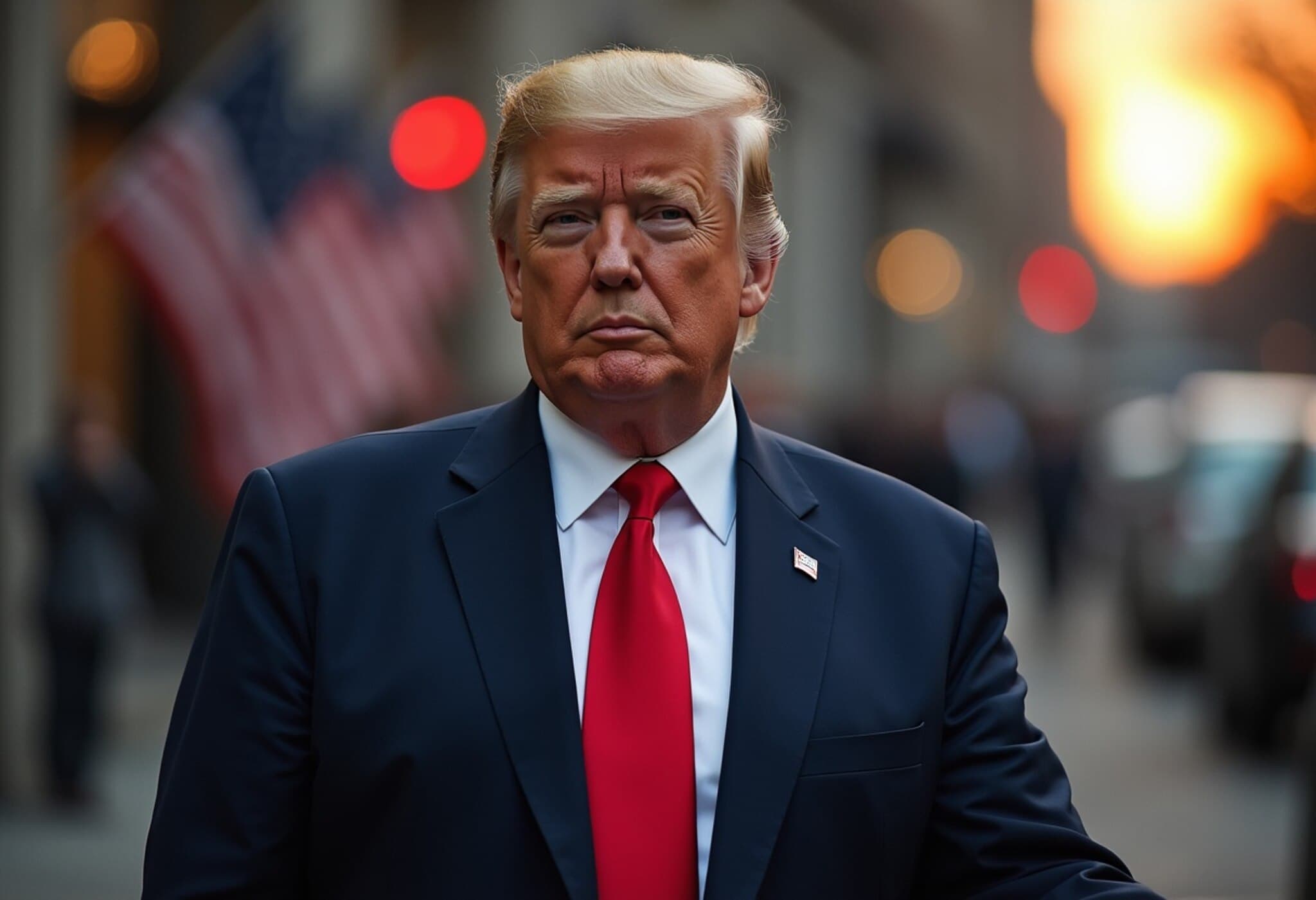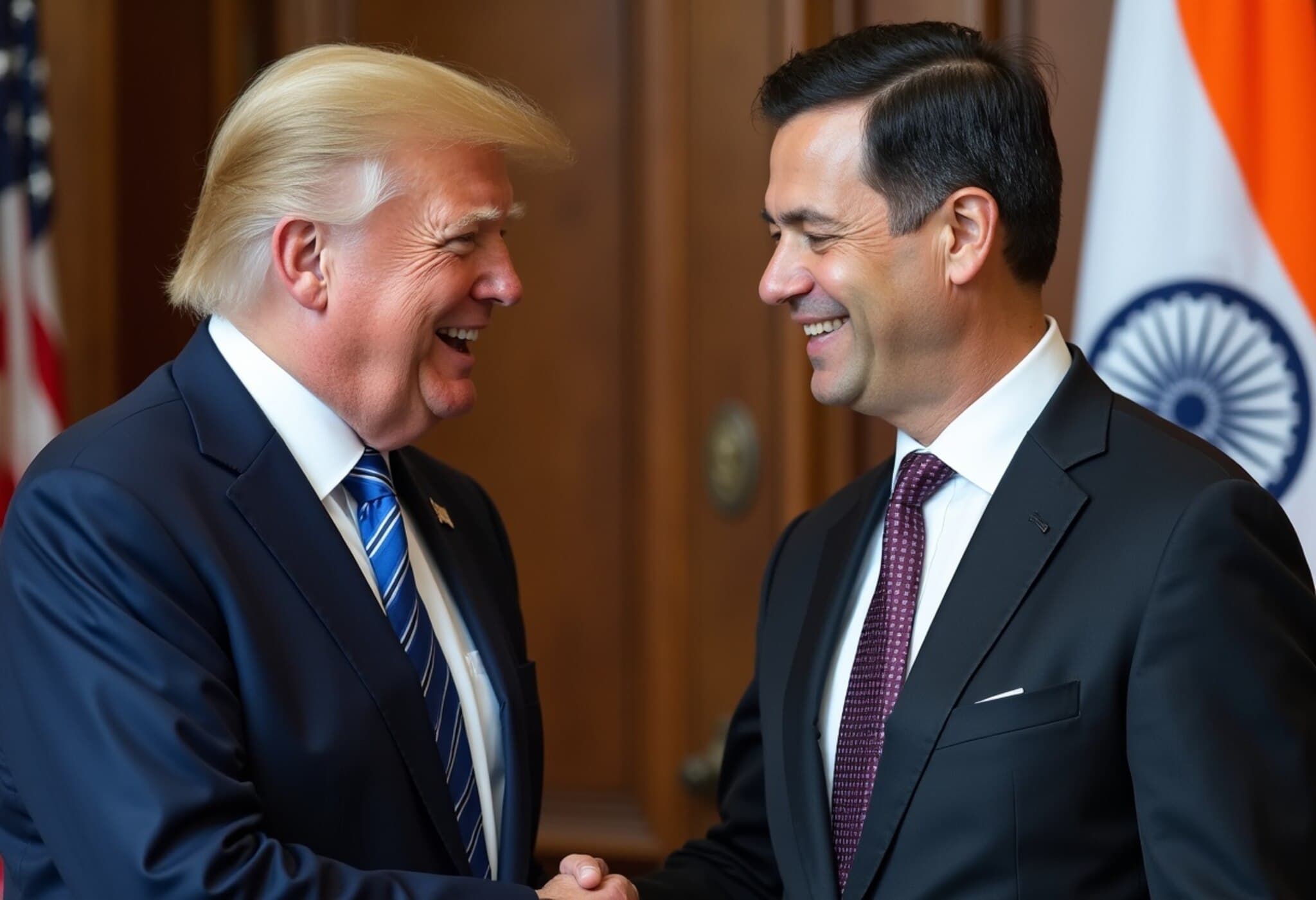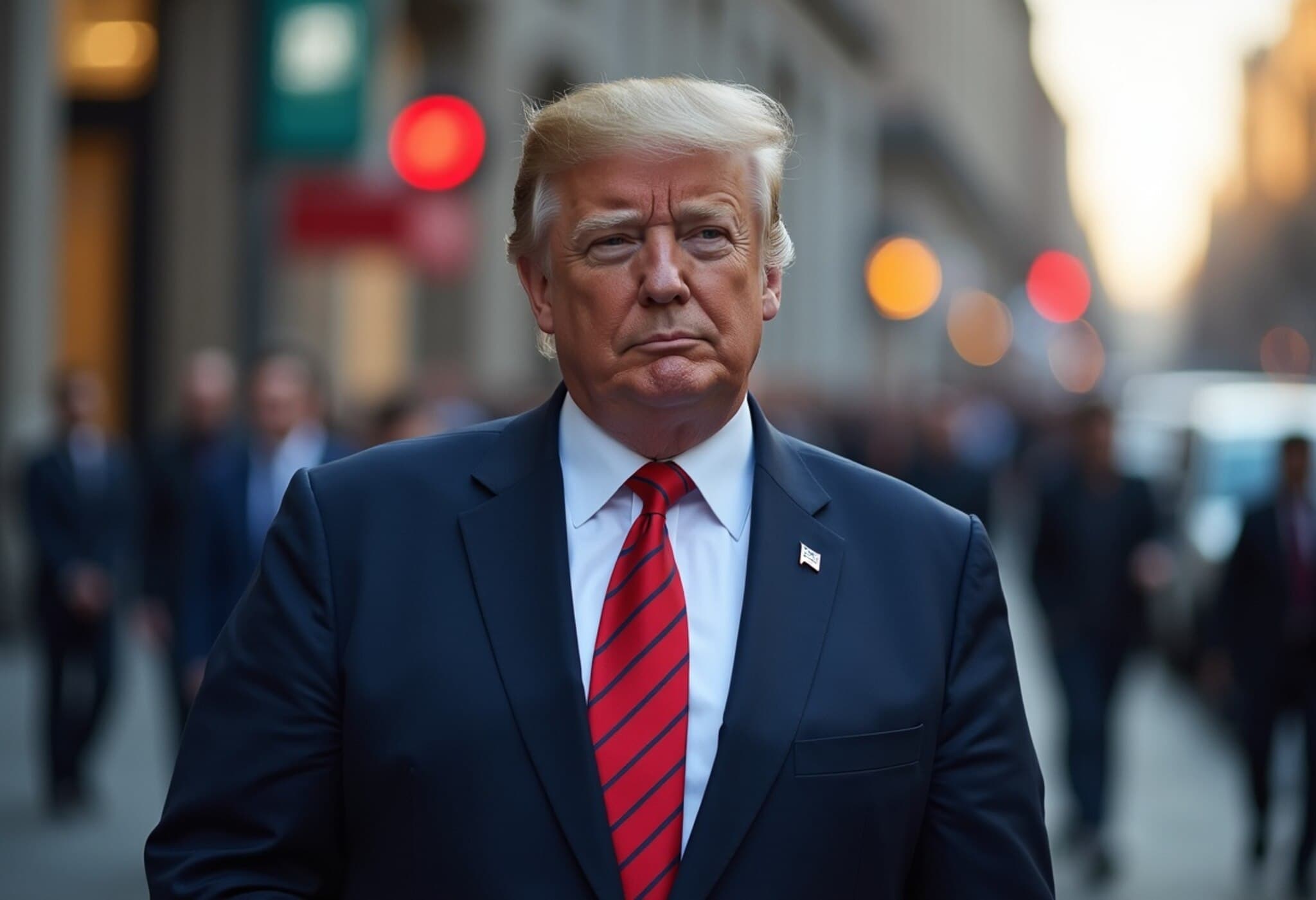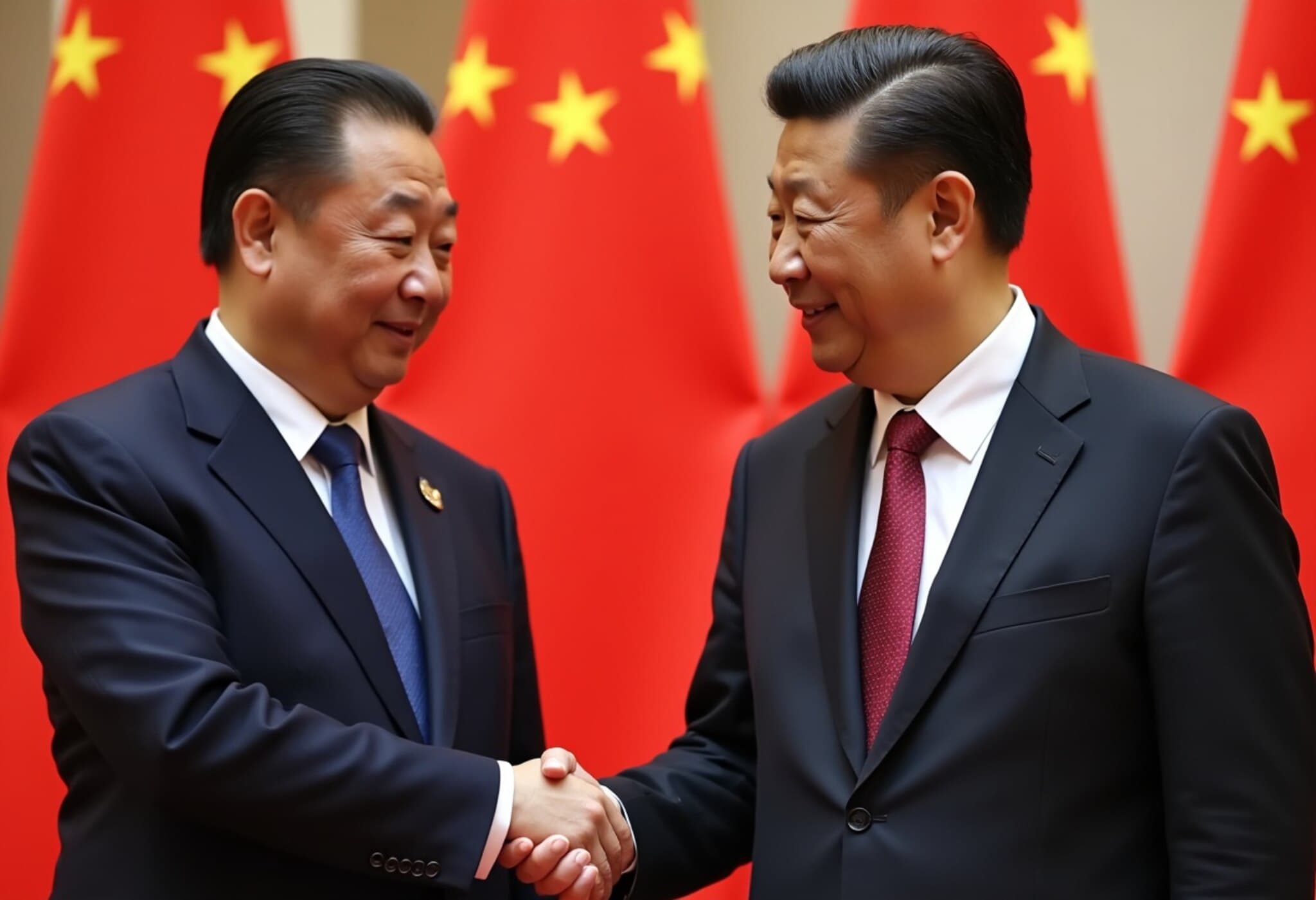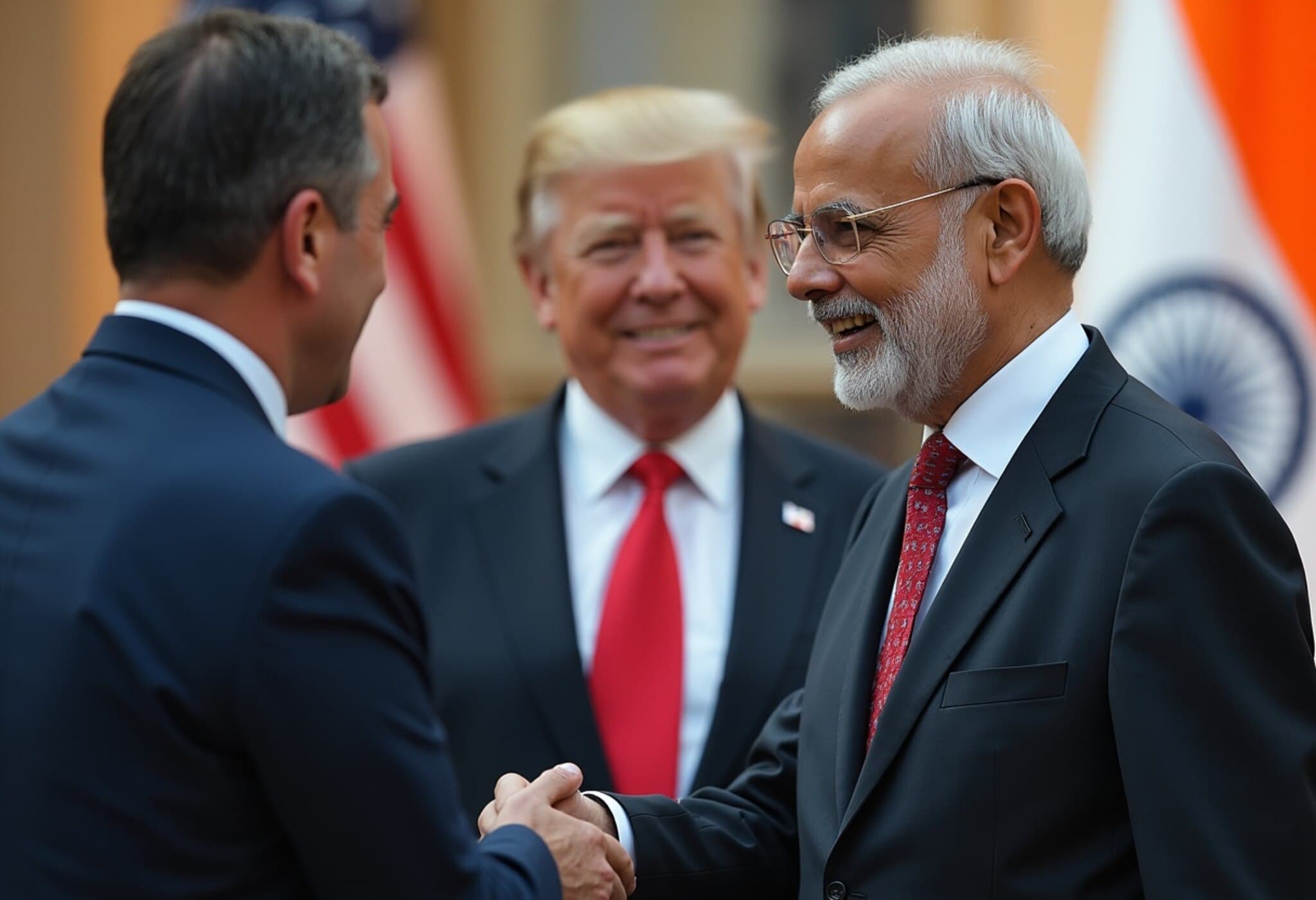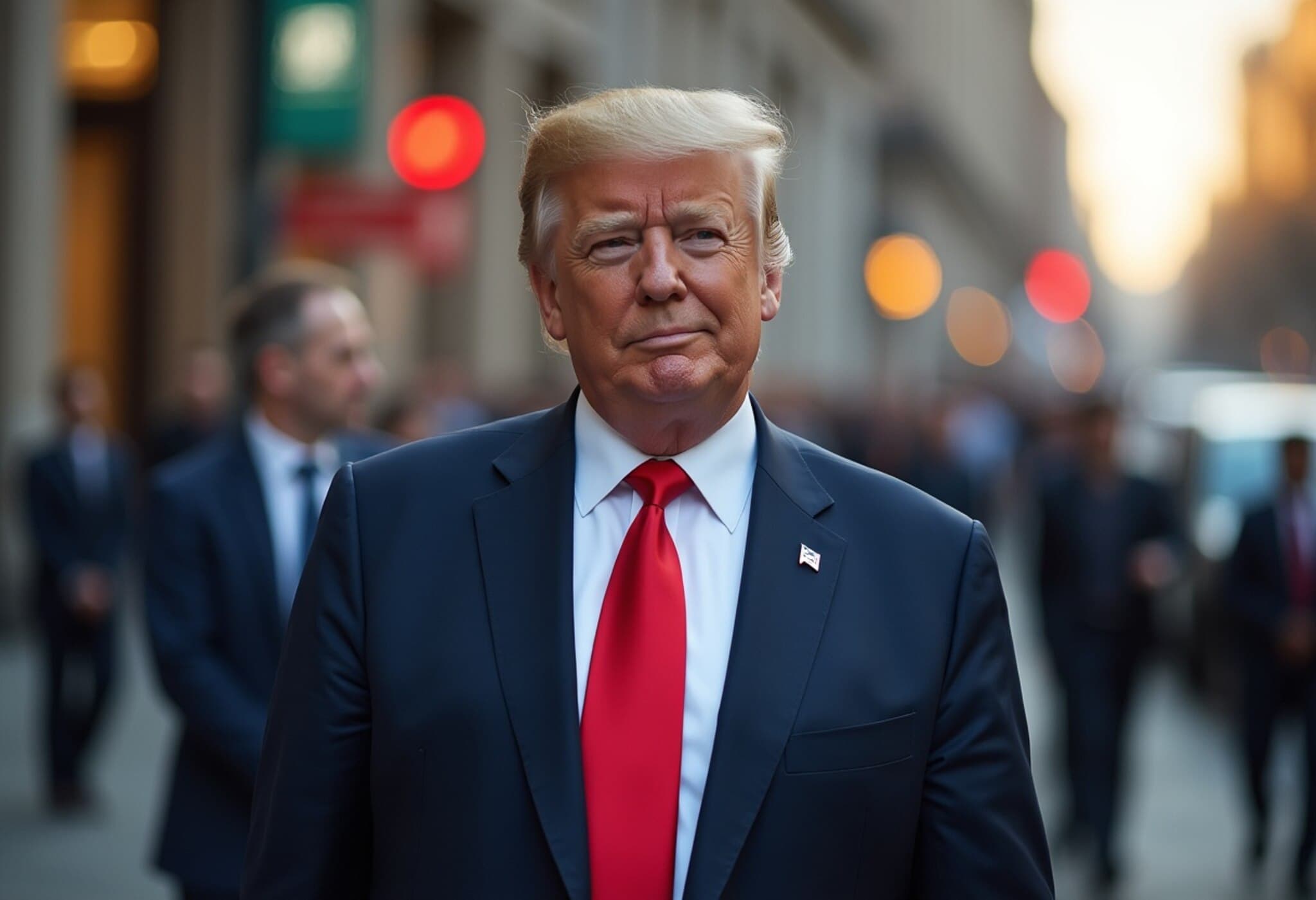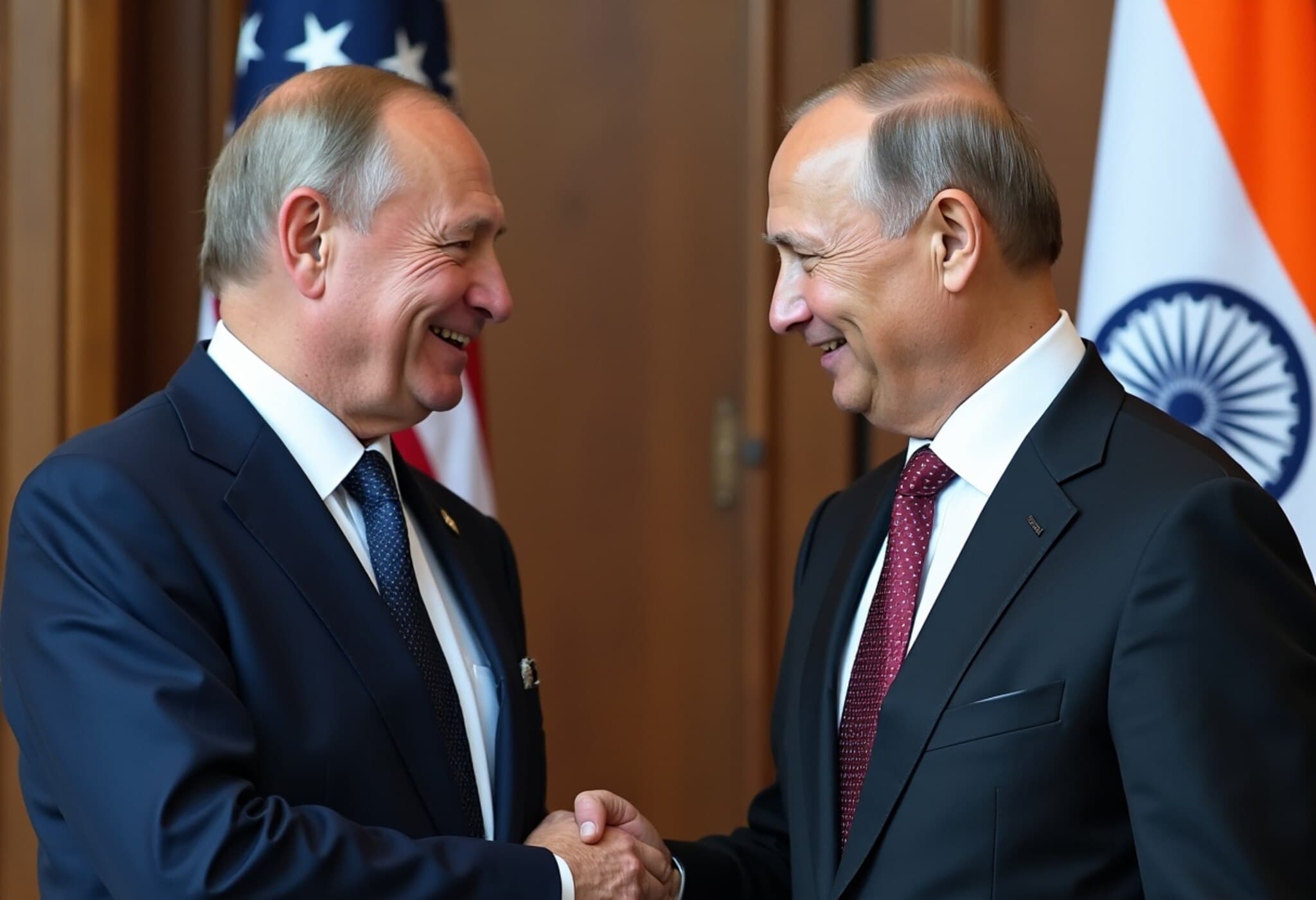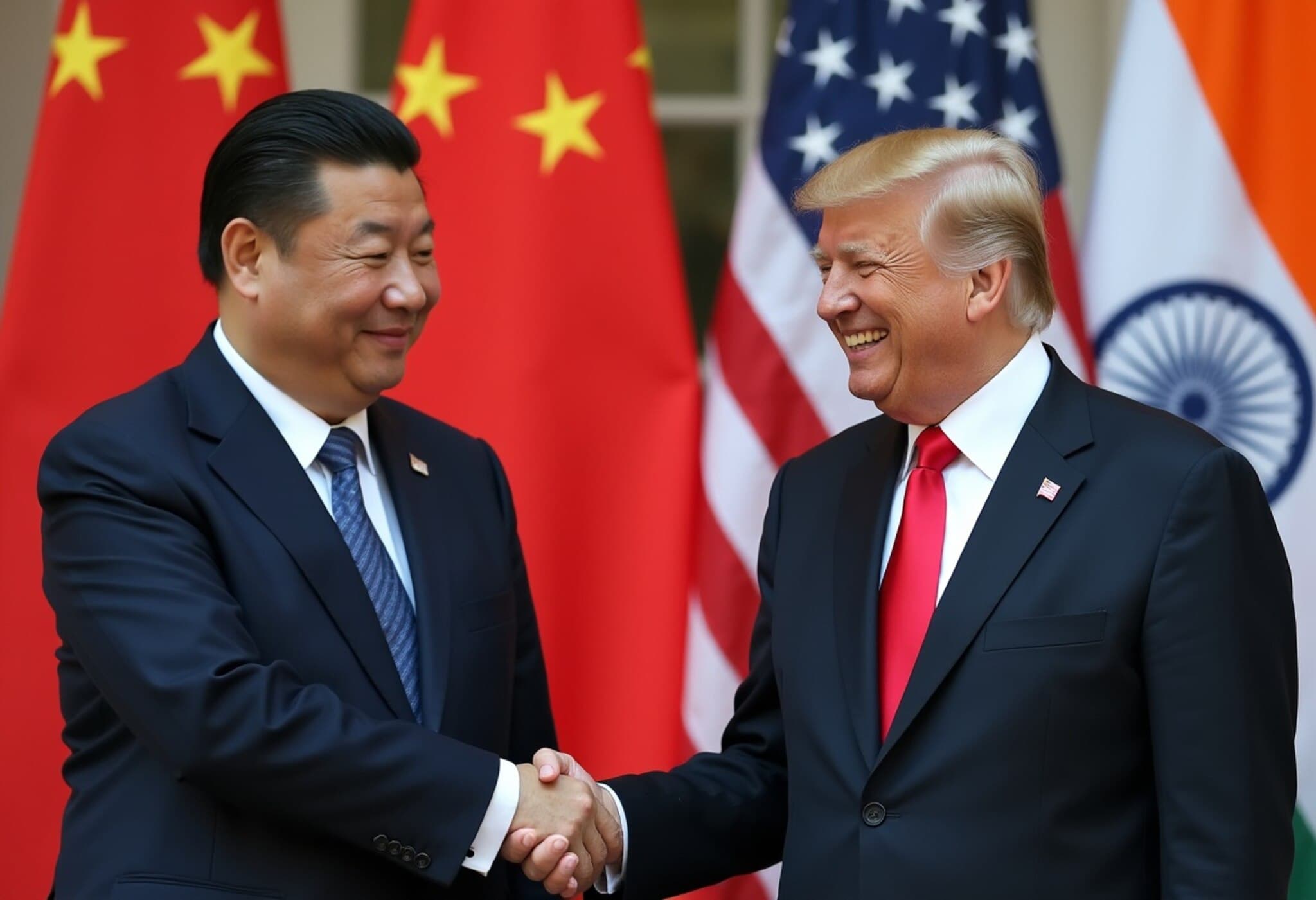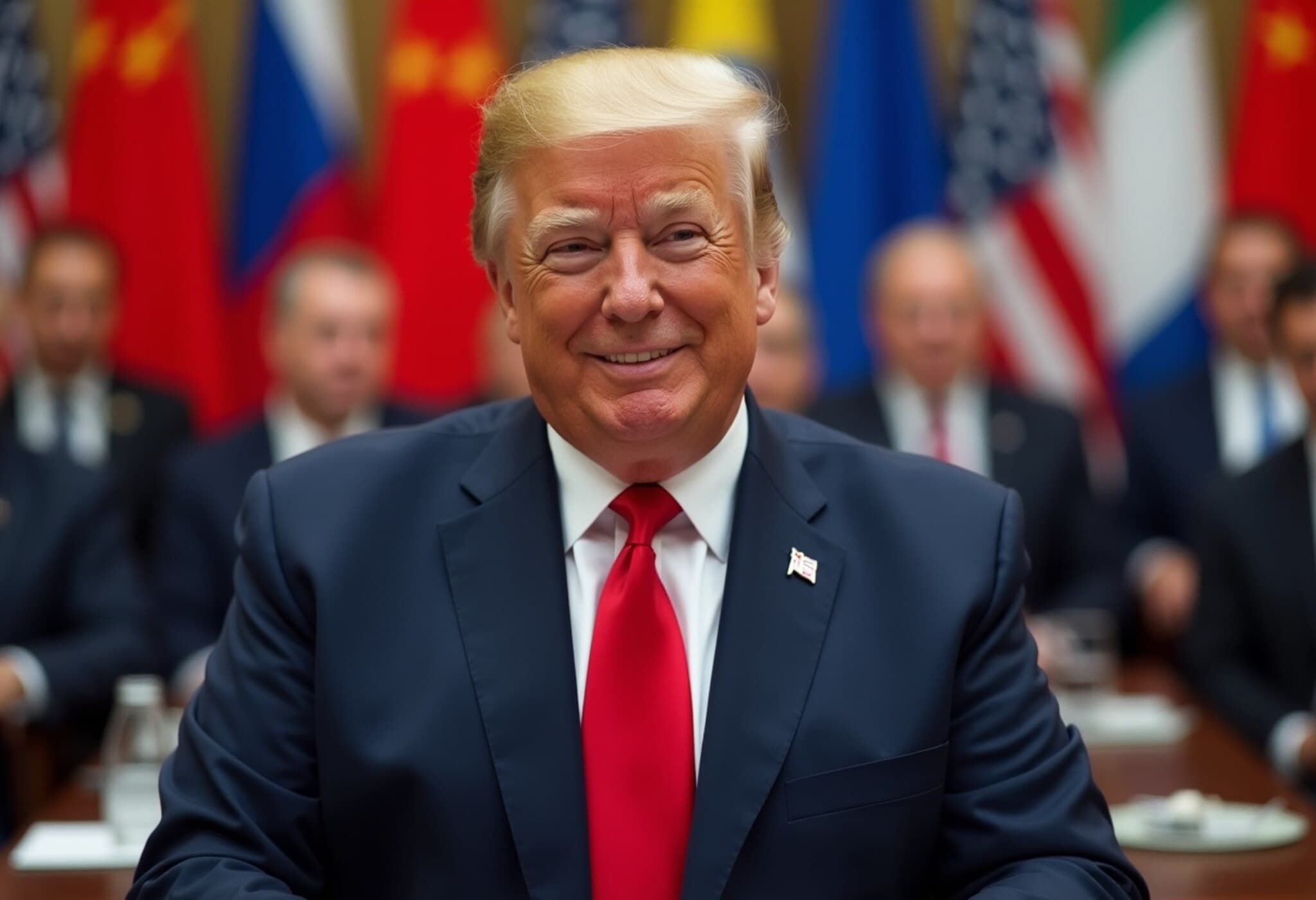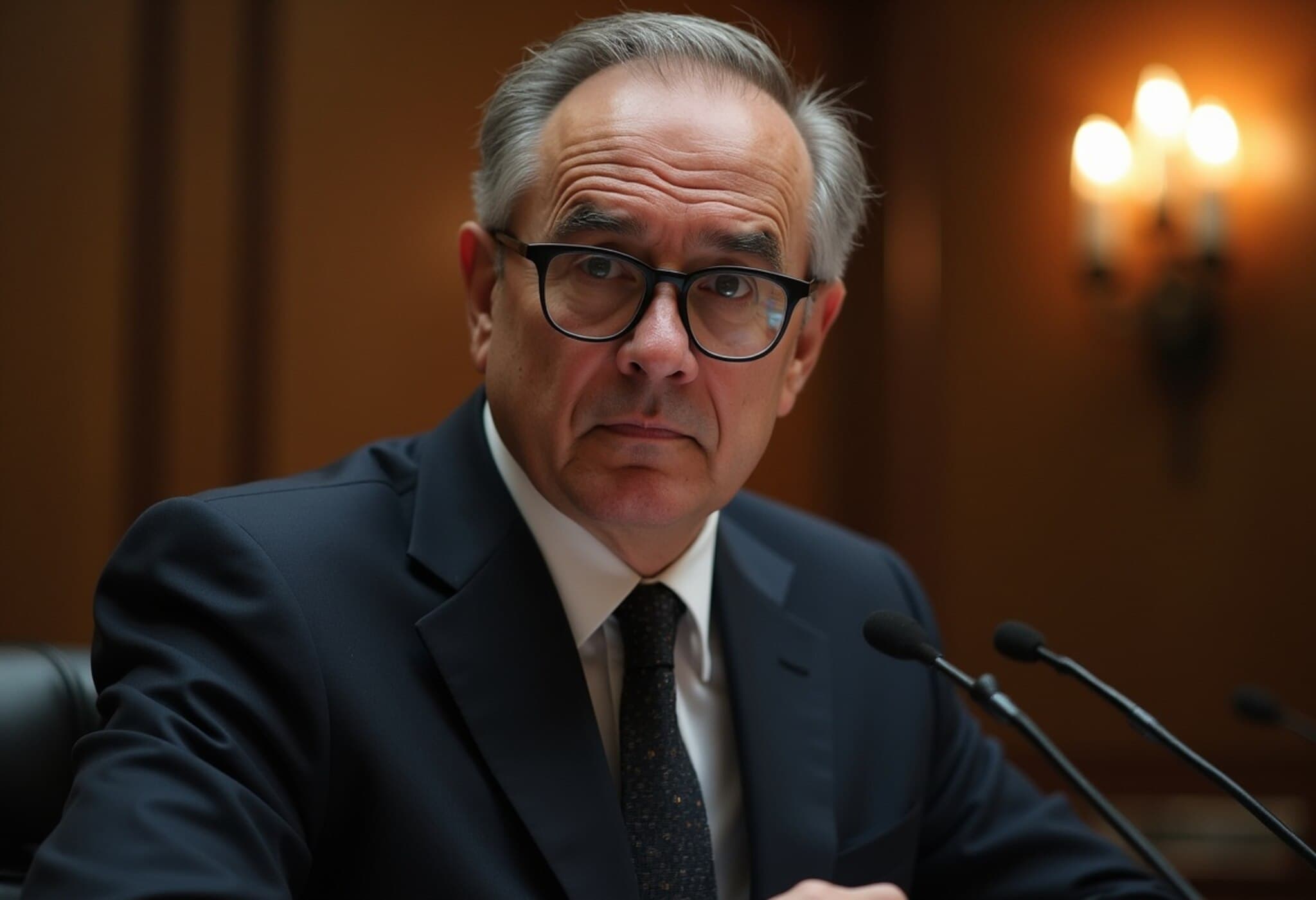Trump Asserts India Ceased Russian Oil Purchases Following US Tariff Announcement
In a recent statement that has stirred diplomatic conversations, former US President Donald Trump claimed India has stopped buying oil from Russia after his administration imposed a hefty 25% tariff on Indian goods. Speaking to reporters on his way to his New Jersey golf club, Trump described this alleged shift as a "good step," acknowledging he could not confirm the reports but emphasizing its significance.
Background: Trade Tensions and Tariff Measures
Earlier this week, Trump publicly accused India of deepening its ties with Russia by importing substantial quantities of Russian oil and military equipment. To counter this, he announced a 25% tariff on Indian goods starting August 1, accompanied by an unspecified "penalty" aimed to deter India's growing economic relationship with Russia. He highlighted that despite considering India a "friend," the country’s trade barriers remain among the highest globally, limiting bilateral commerce.
Economic Context: US-India Trade Relations
The trade relationship between the United States and India remains robust but imbalanced. In 2024, bilateral trade reached $129 billion, with the US running a significant deficit of nearly $45.7 billion. These tensions add complexity to the strategic economic partnership, as both countries juggle alliance-building with competing interests.
India's Response and Regional Implications
In response to Trump's remarks, the Indian government has neither confirmed nor denied the suspension of Russian oil purchases. Industry reports suggest that Indian state refiners are temporarily halting Russian oil imports due to narrowing discounts and logistical challenges, though official statements remain cautious.
Ministry of External Affairs spokesperson Randhir Jaiswal emphasized the longstanding, "steady and time-tested partnership" between India and Russia. Simultaneously, he reaffirmed India's commitment to strengthening relations with the United States, stating these ties are "based on shared interests, democratic values, and robust people-to-people connections." Jaiswal expressed optimism that, despite current strains, bilateral cooperation would continue to advance.
Expert Analysis: Navigating Complex Geopolitics and Commerce
Trade experts note that Trump's tariff move reflects a broader US strategy to compel allies away from Russian energy reliance amid ongoing geopolitical tensions. However, India's balancing act—maintaining strategic autonomy while engaging with both Washington and Moscow—reveals the nuanced challenges in global diplomacy.
From an economic perspective, high US tariffs could pressure Indian exporters but also risk disrupting supply chains and consumer markets. Meanwhile, India's potential reduction in Russian oil imports might influence global energy flows and pricing, especially if other nations follow suit.
Looking Ahead: Critical Questions
- Will the US substantiate the “penalty” measures beyond tariffs, and what legal frameworks will support enforcement?
- How will India recalibrate its energy portfolio and diplomatic ties in response to these pressures?
- Can the US-India strategic partnership overcome trade frictions tied to broader geopolitical contests?
- What role will global energy market volatility play in shaping future policies?
Editor’s Note
As this story unfolds, it highlights the intricate interplay between geopolitical strategy, economic interests, and national sovereignty. Trump’s assertions about India halting Russian oil imports, whether fully accurate or not, underscore the shifting dynamics of international relations in a multipolar world. The US’s tariff threat encapsulates the challenge of enforcing global sanctions through economic leverage and raises important questions about the future trajectory of US-India relations amid competing alliances.
For readers, it’s crucial to watch how these developments affect not only diplomatic ties but also global energy markets and trade patterns. Understanding the full scope requires attention beyond headlines—analyzing policy nuances, regional interests, and the human impact of these high-stakes moves.

